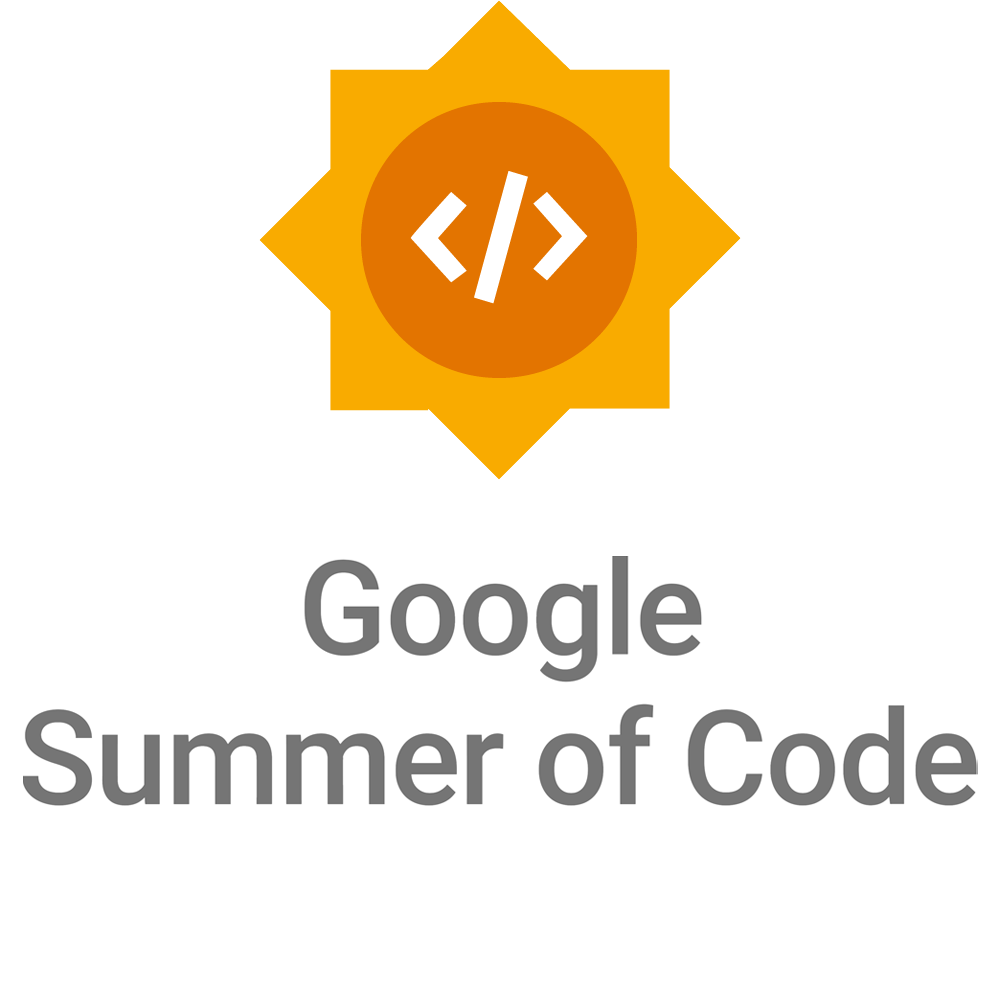My Google Summer of Code 2020 Journey with OpenMined
Published on: August 27, 2020

In the summer of 2020, I had the amazing opportunity to contribute to open-source through Google Summer of Code (GSoC). I worked with OpenMined on a project that combined cryptography and machine learning: implementing the Fan-Vercauteren Homomorphic Encryption scheme in PySyft.
🔍 Project Overview
- Name: Ravikant Singh
- Organization: OpenMined
- Project: Implement Fan-Vercauteren Homomorphic Encryption Scheme in PySyft
- Mentor: Ayoub Benaissa
🧠 Goal
The aim was to implement the Fan-Vercauteren (FV) Homomorphic Encryption scheme in Python within PySyft and build a new tensor type (BFVTensor) that leverages this scheme for privacy-preserving computation in deep learning.
💻 What I Worked On
🔐 Implemented the FV encryption scheme from scratch
Building the full scheme — parameter generation, key generation, encoding, encryption, decryption, and arithmetic operations — in pure Python for flexibility and transparency.
🧮 Introduced a new tensor type (`BFVTensor`)
The tensor integrates the encryption scheme with PyTorch-like interfaces to make encrypted computation more accessible.
📦 Key Pull Requests
Here's a list of major contributions during GSoC:
- Parameter generation, keygen, encoder, encrypt/decrypt
- Addition operation
- Multiplication operation
- Negation operation
- Subtraction operation
- Relinearization
- Parameter validation
- Refactoring context structure
- Tensor support (in progress)
📖 A Quick Intro to Homomorphic Encryption
Homomorphic Encryption (HE) allows computation on encrypted data, preserving confidentiality throughout the process. This is crucial for privacy-preserving AI and secure data collaboration.
✅ Current Status
The FV scheme is functional and well-tested. You can check:
The tensor integration is in progress, and I aim to make it fully compatible with PyTorch workflows soon.
🚀 What's Next?
❤️ Reflections
GSoC was an incredible journey. I deepened my understanding of cryptography, open source, and collaborative software development. It taught me how to break down complex problems and contribute meaningfully to a global codebase.
Huge thanks to my mentor Ayoub Benaissa and the OpenMined Crypto team — their guidance was invaluable.
I'm excited to keep working on this project and make privacy-preserving AI more usable and efficient.